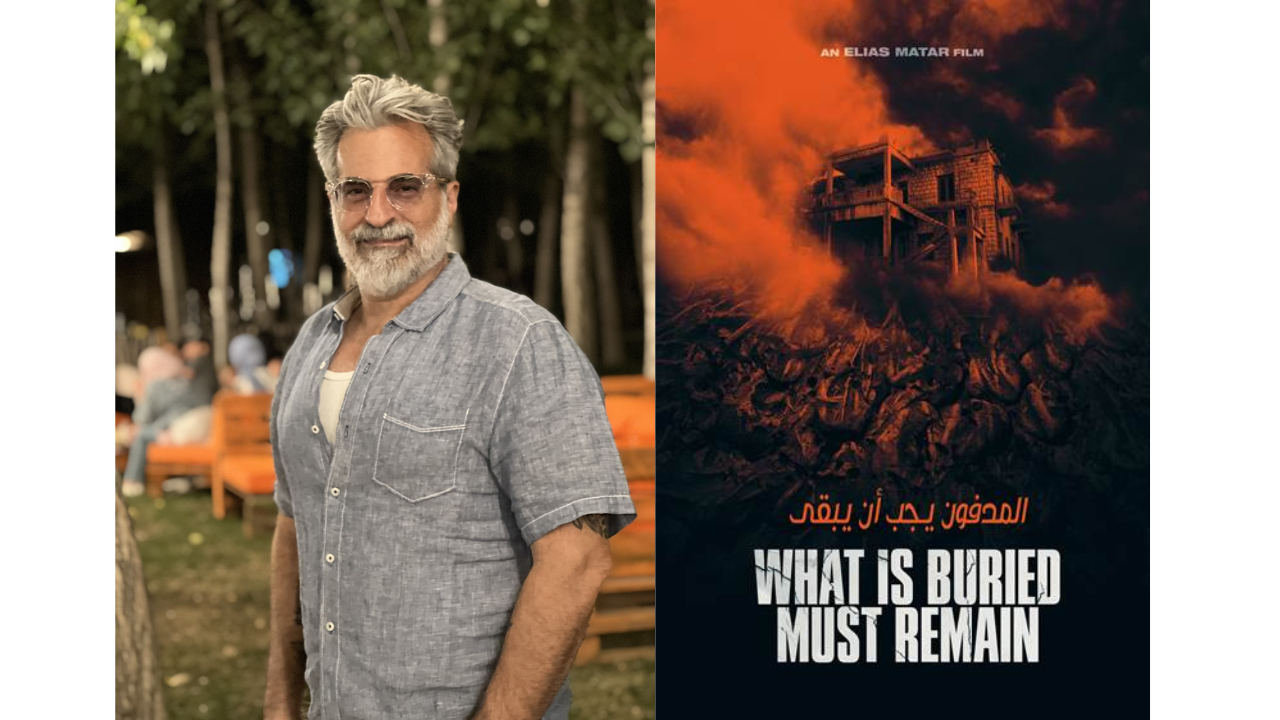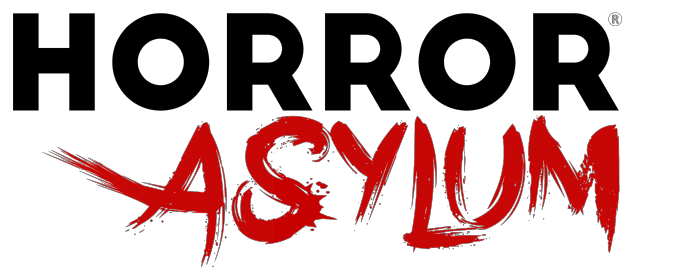
Exclusive Interview: Elias Matar (What Is Buried Must Remain)
How did you first get into filmmaking and is it what you had dreamed it would be like?
I was born in California but raised in Syria. As a young boy, the flickering images at my local fleapit theater provided an escape from the harsh realities of my daily life. Hong Kong action flicks, French New Wave, Russian dramas, and Spaghetti Westerns would all come to inspire my work, years later.
In the early 1970’s, my dad gave me a Russian 8mm camera and a roll of film. Naturally, I filmed everyday life in Syria at the time, which was the war. However, having footage of the tanks and military personnel didn’t sit well with local authorities and my film was confiscated by the secret service. I was nine.
Fast forward 25 years, I’ve made films in several genres like action, horror, thrillers, and of course, documentaries. Regardless of genre, I always try to make the movies speak to me.
You have worked as a Writer, Producer and a Director, and in some cases all three on a few projects. Which of these roles is your favourite and why?
I really like all aspects of filmmaking. Of course, the writing is where it all starts. I enjoy working with my writing partner, Edward E Romero, breaking the story beats, doing scene work. We’ve been working together for a long time and have a natural, conversational way of working through a script.
Producing is probably the part that I struggle the most with. I’ve been a businessman most of my life but merging the creative with the financial aspects of filmmaking isn’t all that much fun, to be honest. And switching between those hats can be a frustrating process.
Directing is my favorite aspect of filmmaking. I love working with actors, cinematographers, set design and the whole crew. It’s in that collaboration of ideas and skills that the real magic happens. I also enjoy postproduction quite a bit. I love being in the room when editing, doing sound design and coloration.
Based on your IMDb credits you have been in the filmmaking industry for just over 20 years. What in that time have you seen change in the industry for the better and on the flipside of that question for the worse?
Yeah, when I first started, DVDs dominated the world market. You could add a lot of extra content to DVDs: behind the scenes, making of the film, meeting the filmmakers, that kind of thing. On the other hand, it was harder to get distributors to fork over money to produce the DVDs. Theatrical releases were limited, even though the festivals were very kind to us, and having a DVD in your hands was the next best thing. Of course, streaming changed everything.
When I sold my first feature film, ASHES, to Time Warner, Video on Demand had taken off. Films were more accessible to the public and it was easier to get in front of the viewers. ASHES did well, and it is still our most profitable film to date.
By the time Lions Gate bought my second film, RIBBONS, the landscape had already changed considerably. There were a larger number of platforms available, but the competition was fierce.
So, I guess it’s been a double-edged sword. In the past, it was harder to get your work in front of an audience, but now there are so many platforms that it’s easy to get lost in the woods.
WHAT IS BURIED MUST REMAIN (2022) is your latest project that is soon to be released by VIPCO and BayView Entertainment. The film had several writers working on the script, how was the working process on this as I would imagine there was some back and forth on ideas to be used or not?
Yeah, it’s my first film shot entirely in Arabic. The idea came to me when I was shooting a short with my film students at Manar Center in Lebanon. While there, we found this abandoned house, built in the thirties, that the locals believed was haunted. I loved the location and knew I wanted to shoot something there.
When I got back to LA, I started to work on the story with Edward E Romero. It is the most complicated script that we’ve attempted so far. We wrote the entire script in English first. The second part of the process was not only translating the script into Arabic but giving it an authentic voice for the region. For that, I worked with two of my students, Israa Samman and Hamza Alzahab, who really brought the dialogue and tone together. The whole process was amazing.
Was it always your intention to direct WHAT IS BURIED MUST REMAIN or was it a case of reading the final script that you co-wrote and falling in love with it so much that you wanted to direct it?
It was always my intent to direct the film. That’s usually my approach when writing a new script. I’ve always wanted to do a haunted house movie. And when I found that amazing property, I knew I had to shoot it.
The horror genre stretches worldwide and WHAT IS BURIED MUST REMAIN is credited on IMDb as being from Lebanon. Are there any Lebanese or perhaps Arabic horror films that you would recommend to our readers?
Unfortunately, horror films in the Arabic world are rare. Arabic audiences mostly watch Western or Asian horror movies, but most Arab directors shy from the genre. If they do attempt one, it’s usually a horror/comedy hybrid. I hope that’s starting to change.
Do you have a specific genre of film that you feel pulled to doing or as a filmmaker do you like to spread your wings and see how far you can take your talent for filmmaking?
I love classic horror films like The Shining, The Exorcist, and Night of the Living Dead. And my films WHAT IS BURIED MUST REMAIN and ASHES definitel
What actor/actress/Director etc would you like to work with if given the chance?
Well, there are a lot of them. Let’s see, off the top of my head: Brad Pit would be amazing in The Latin Lords as a burnt-out detective caught between a Lovecraftian monster and Latino gang below the streets of Detroit. Jenna Ortega would be awesome for the same film, as the female lead. And I would love to work with Stephanie Atala as a lead in my new Arabic script called Amani.
Physical media will still be around for a long time and for quite a few people this is their preferred medium to watch content. Of course now with the ever growing amount of streaming platforms there is now even more content for people to watch, so much choice and so little time. How do you as a filmmaker make it so your project stands out from the rest?
As I said, it’s easy to get lost in the woods with all the digital content available out there. I hope to differentiate myself by making unusual films that tell stories from my own unique point of view, based on my heritage and my personal experiences. All any of us can do, as filmmakers, is to make the best movie we can and hope that the audience finds it and connects with it.
Finally, what projects do you have in the pipeline that you can tell us about?
The next two films in the hopper are The Latin Lords, a contained horror script, set in Detroit and Amani, a creepy thriller set in Beirut. I’m not sure which one will be first, but I’m looking forward to working on both.
You can stay up to date with What Is Buried Must Remain and Elias Matar via the social media links below:
Instagram: Lighthouse Peace Initiative @lpicorp
Interview by Peter ‘Witchfinder‘ Hopkins
VIPCO & BayView Entertainment is scheduled to release What Is Buried Must Remain to Blu-ray (Region FREE) in the USA on 26th September 2023.

